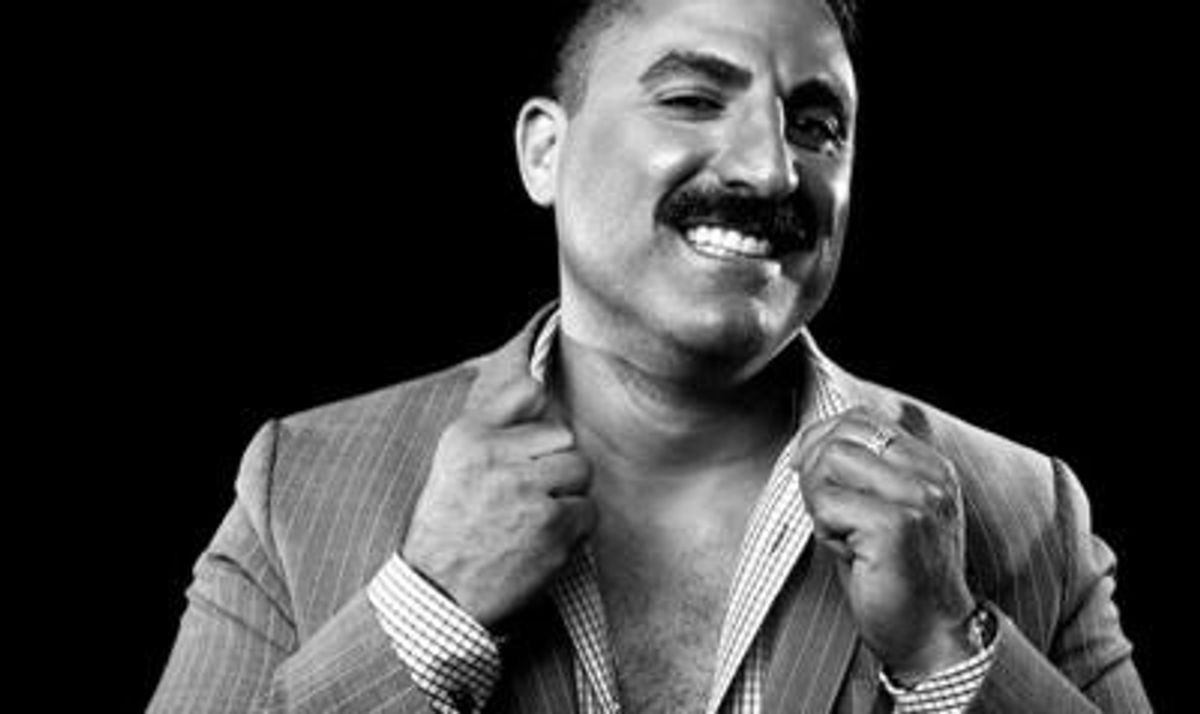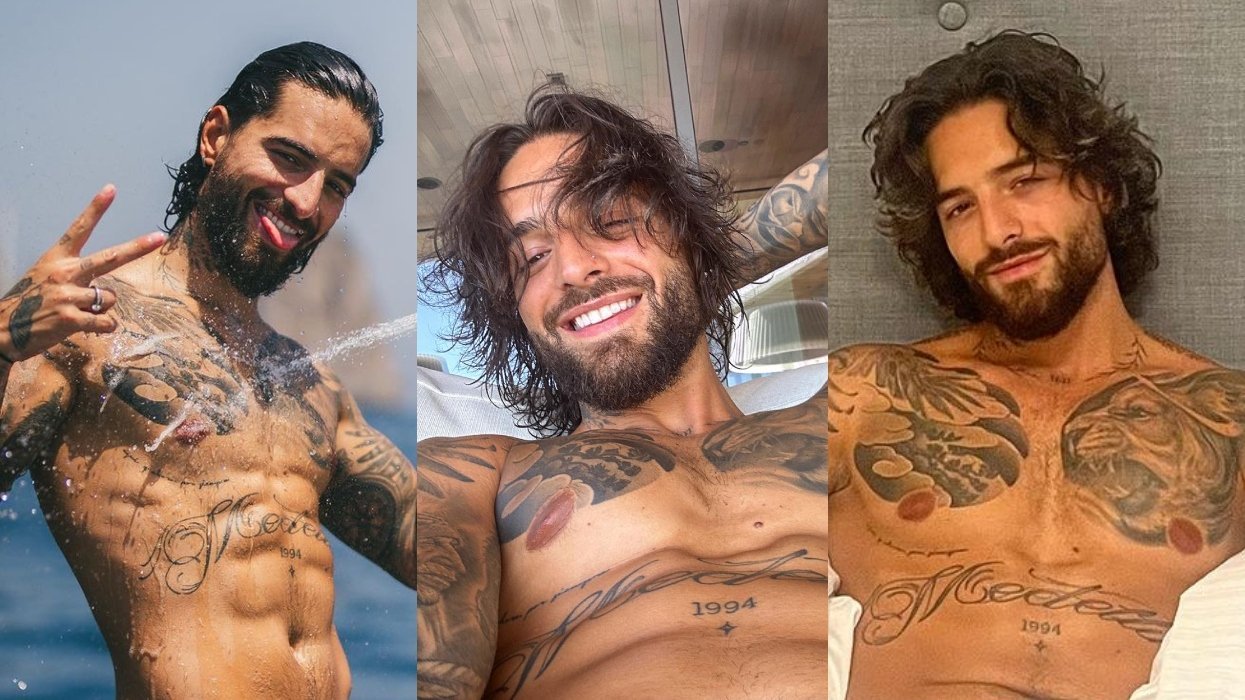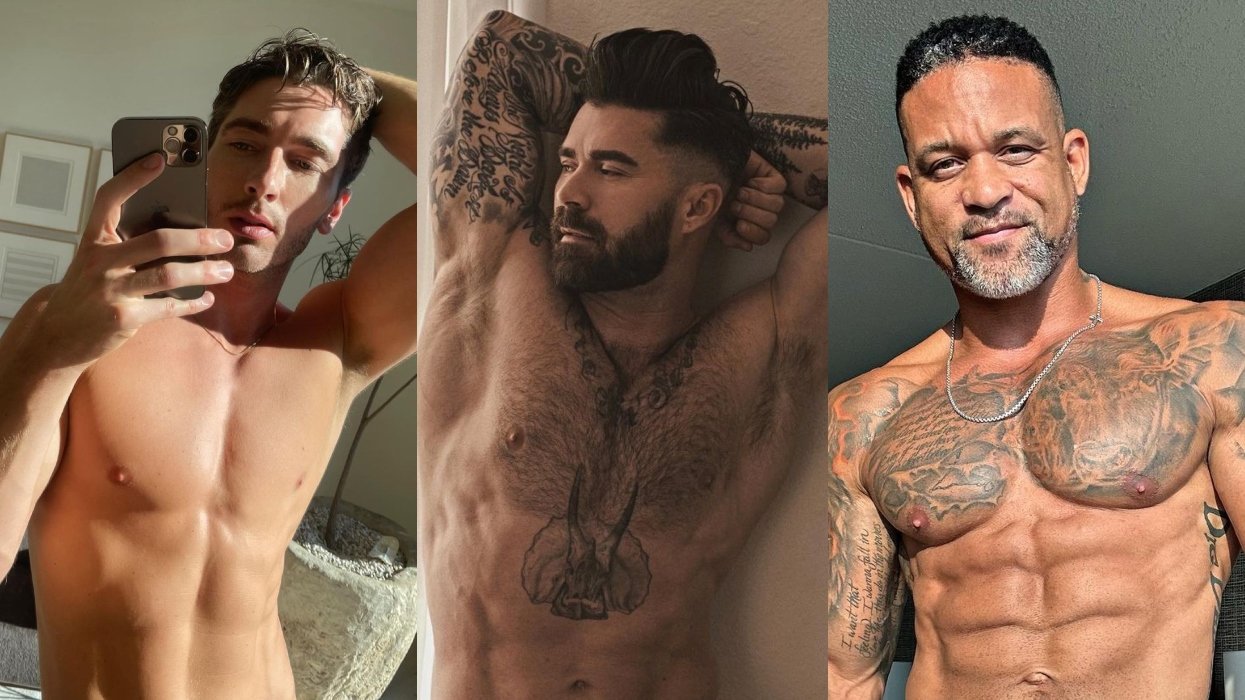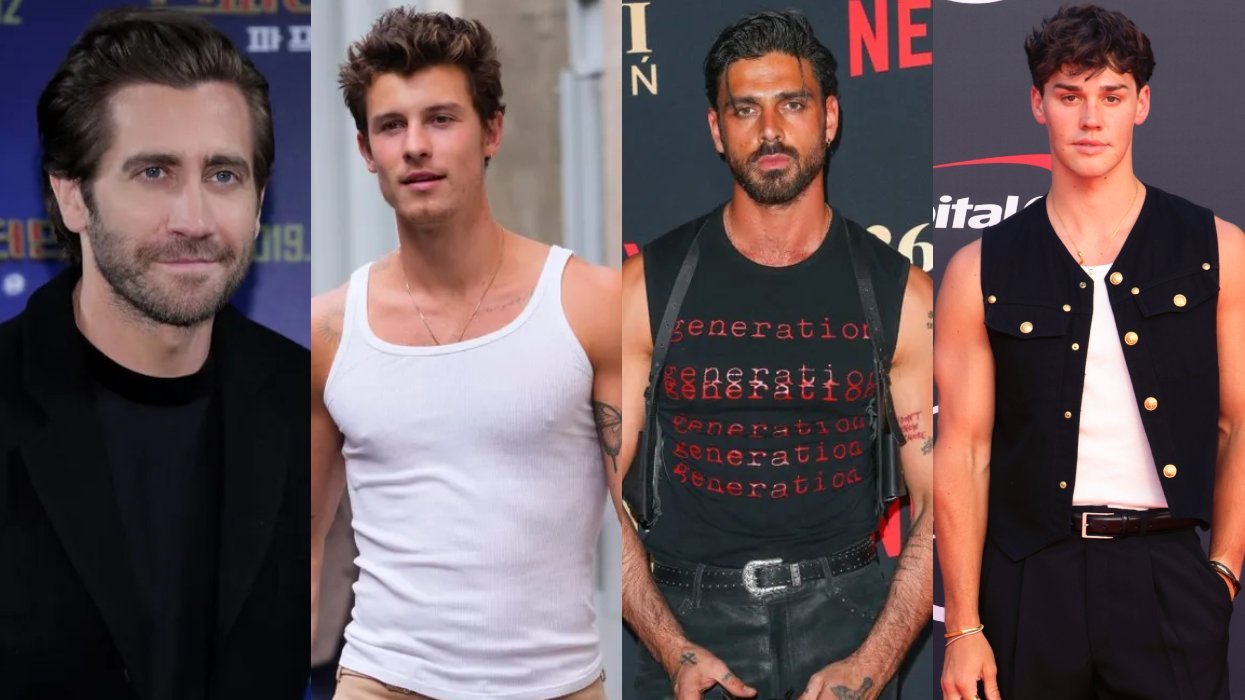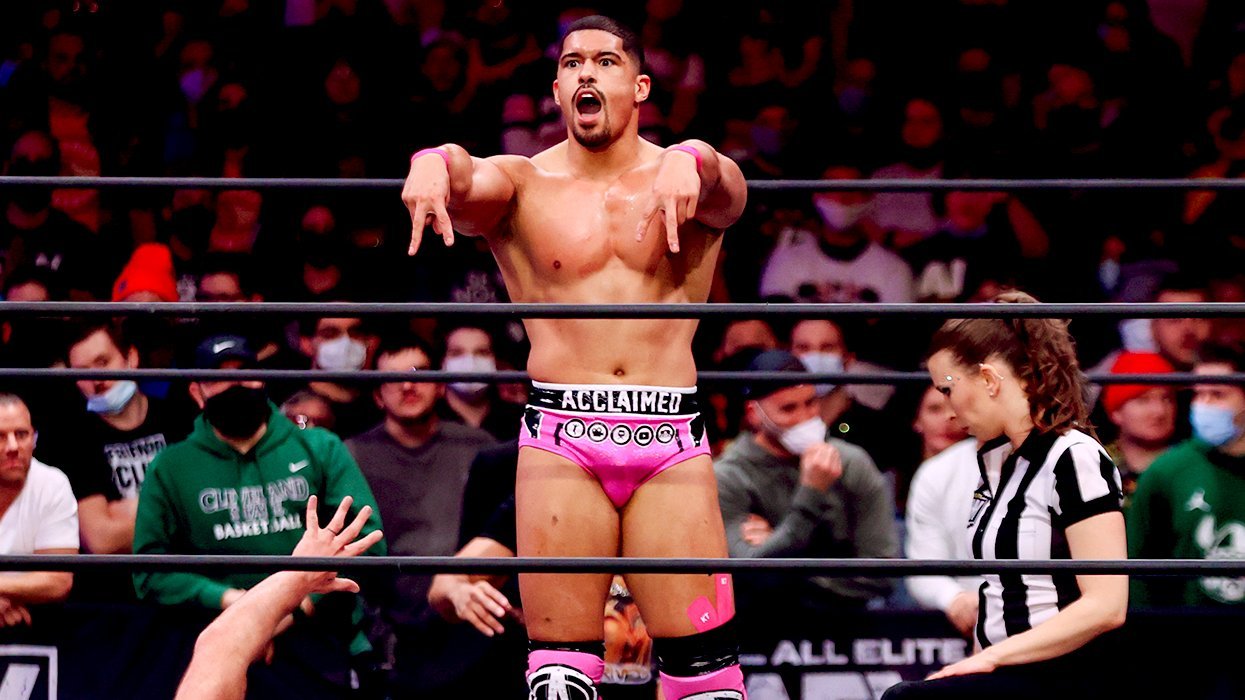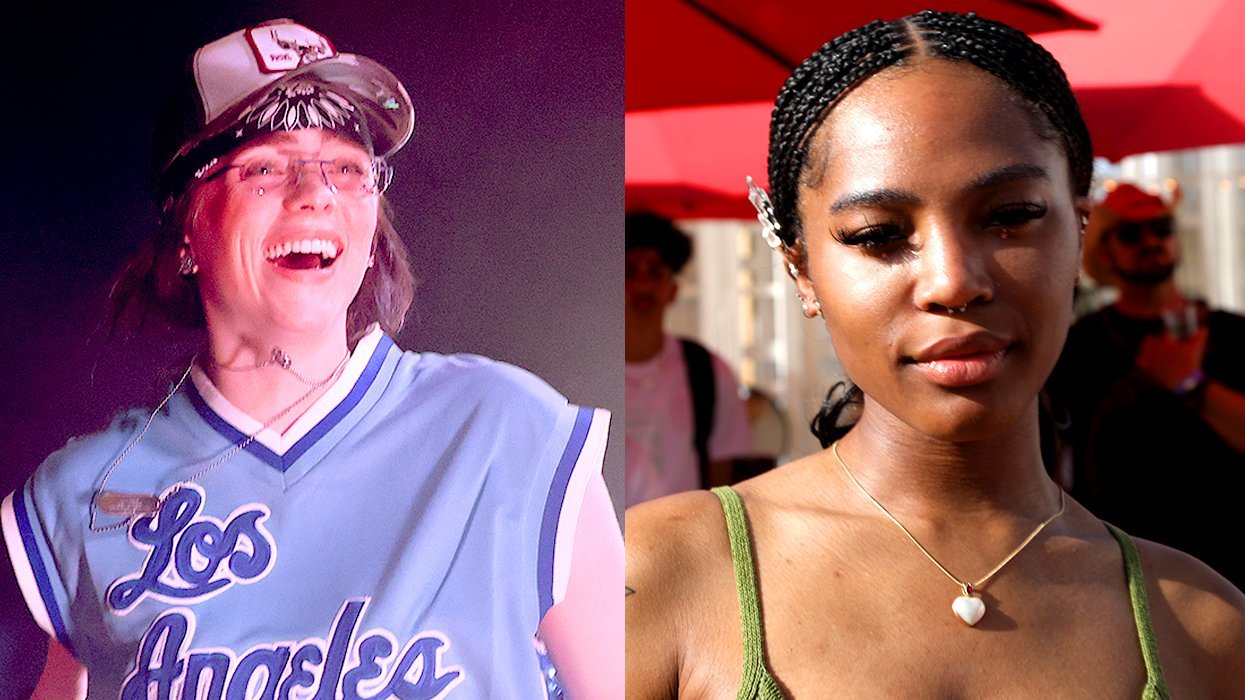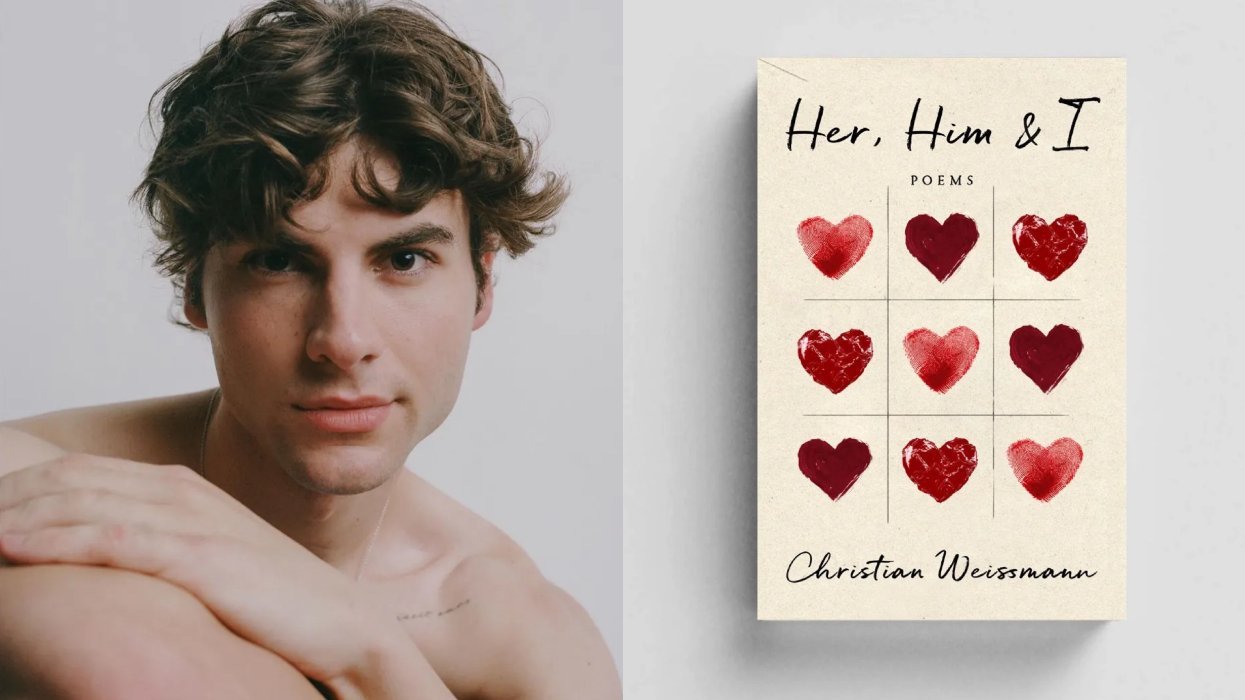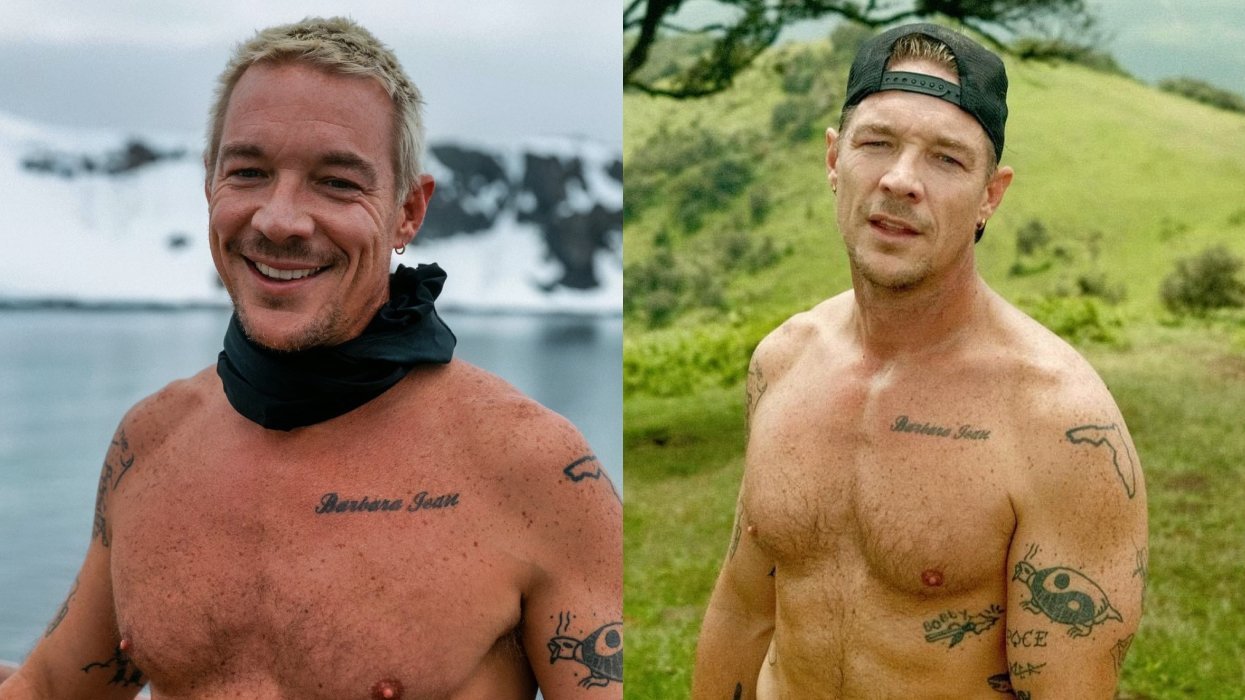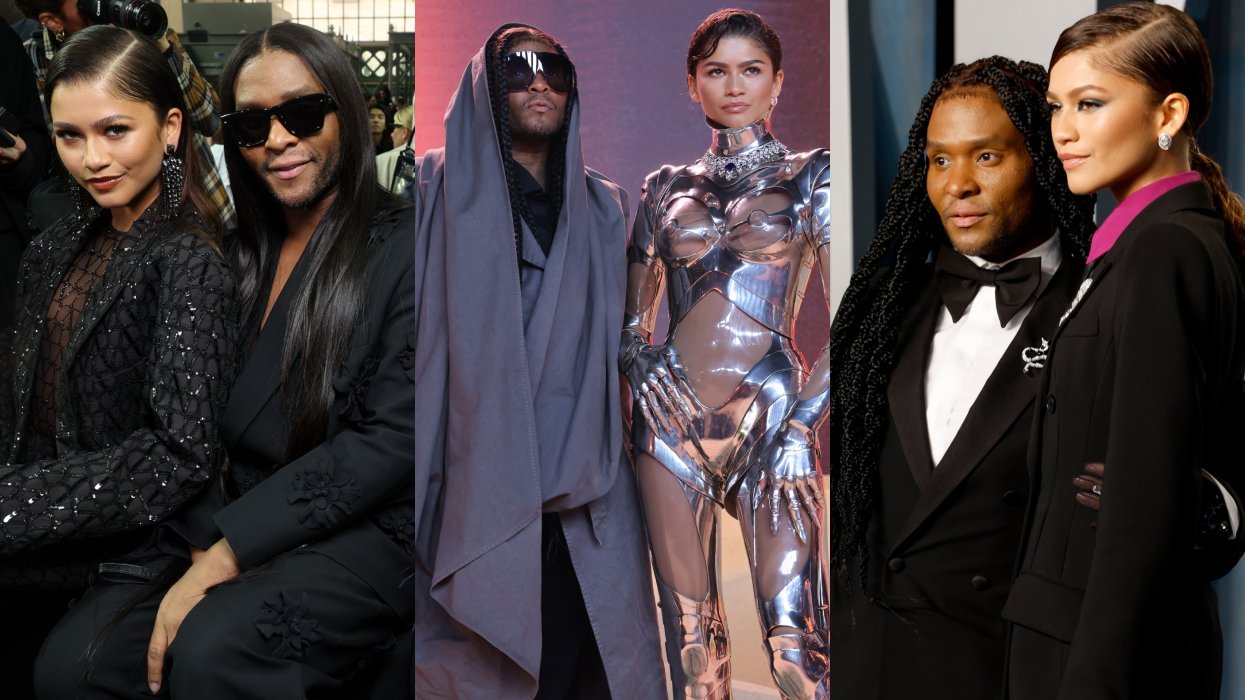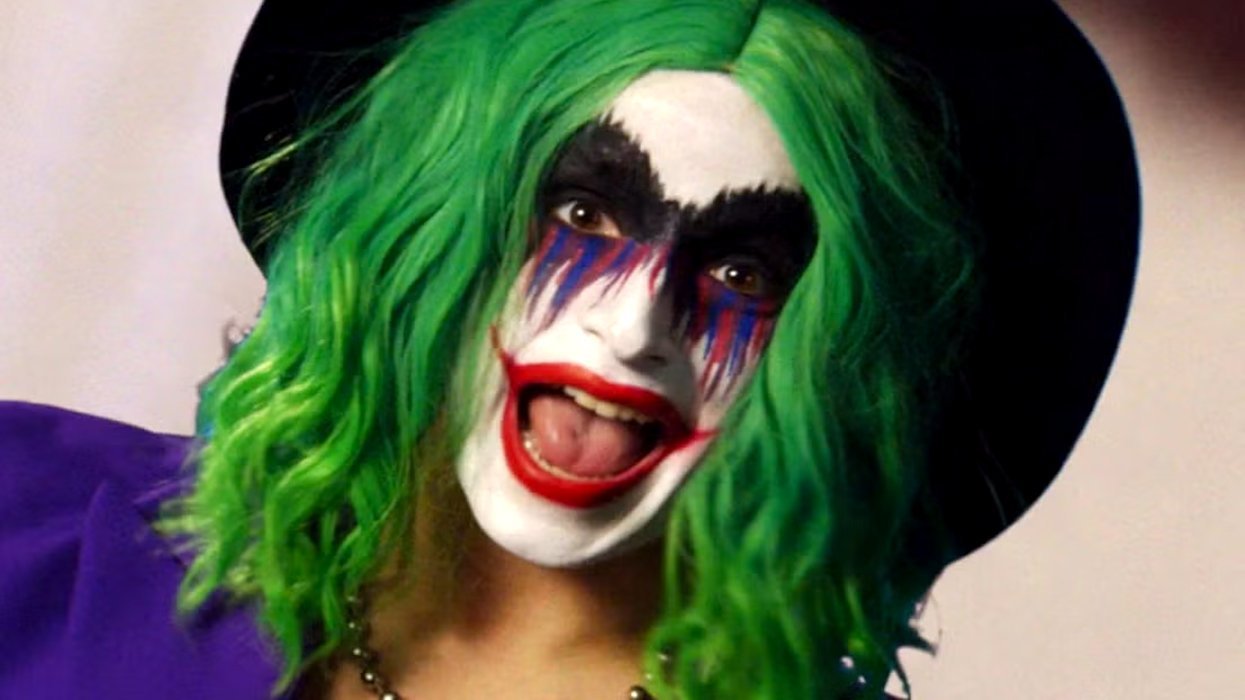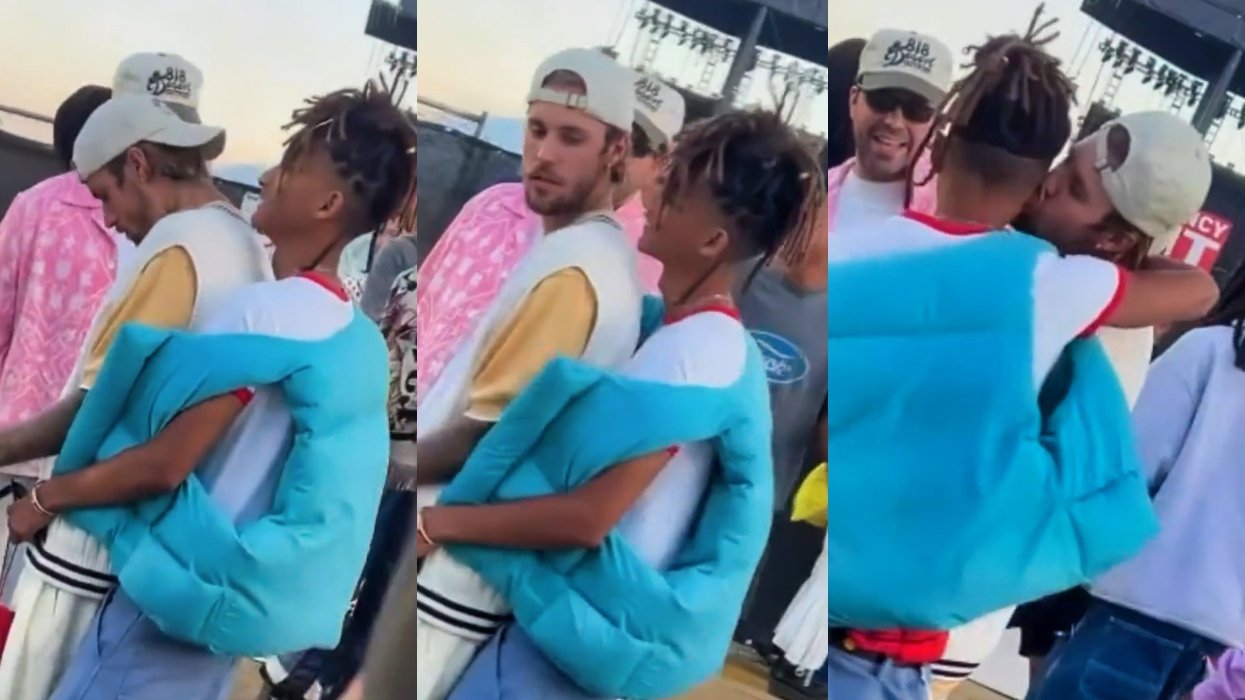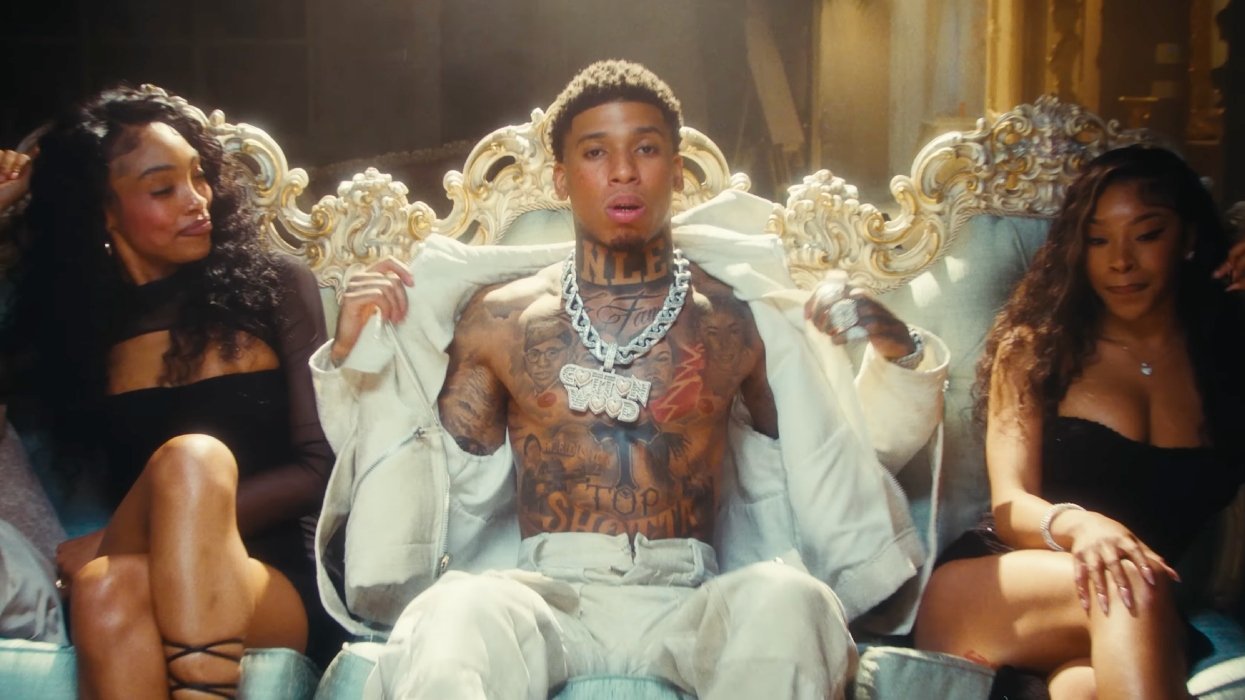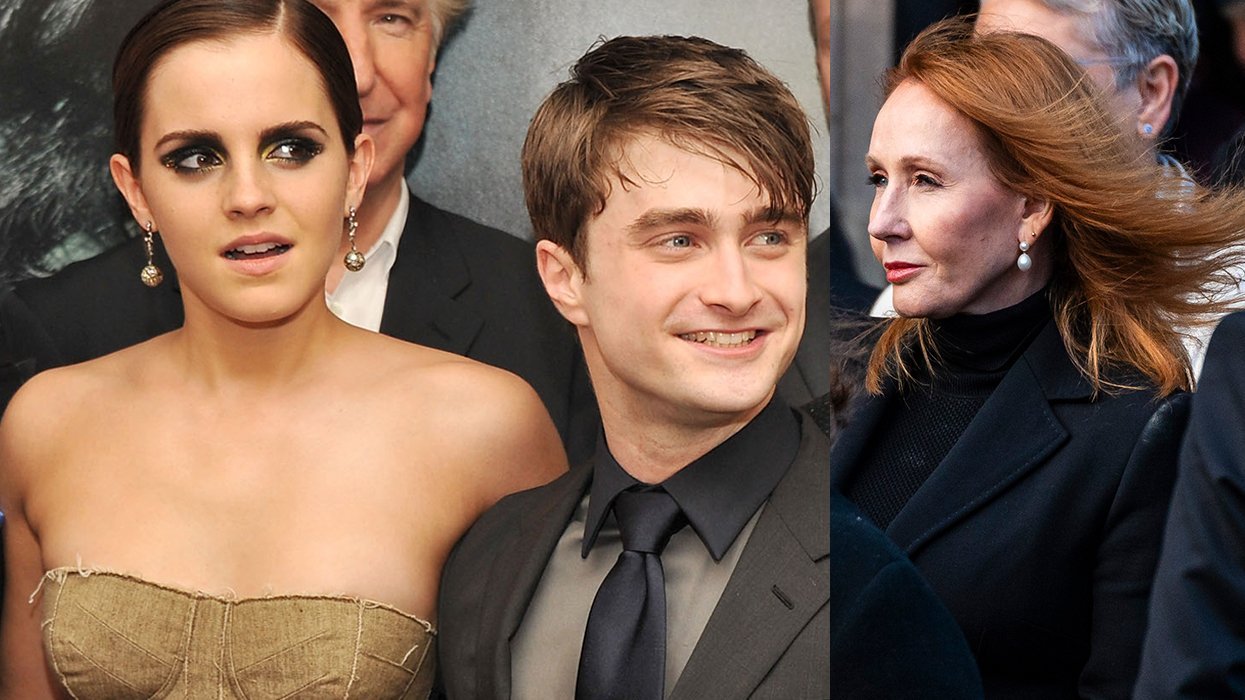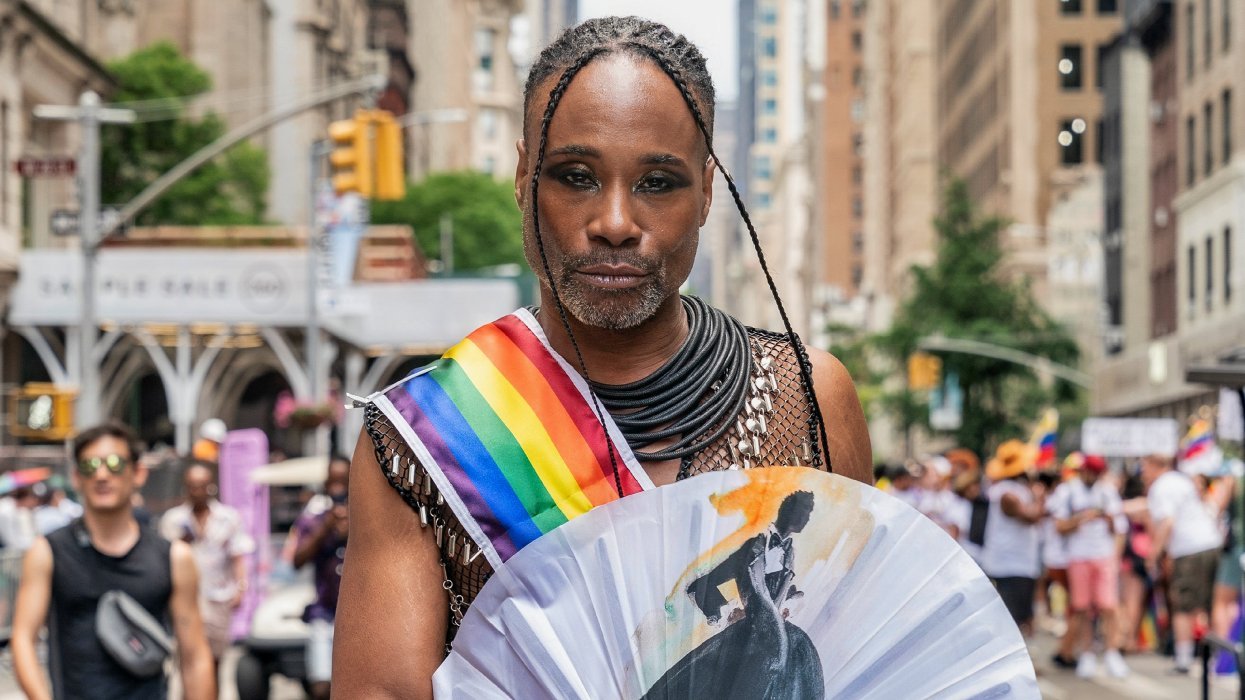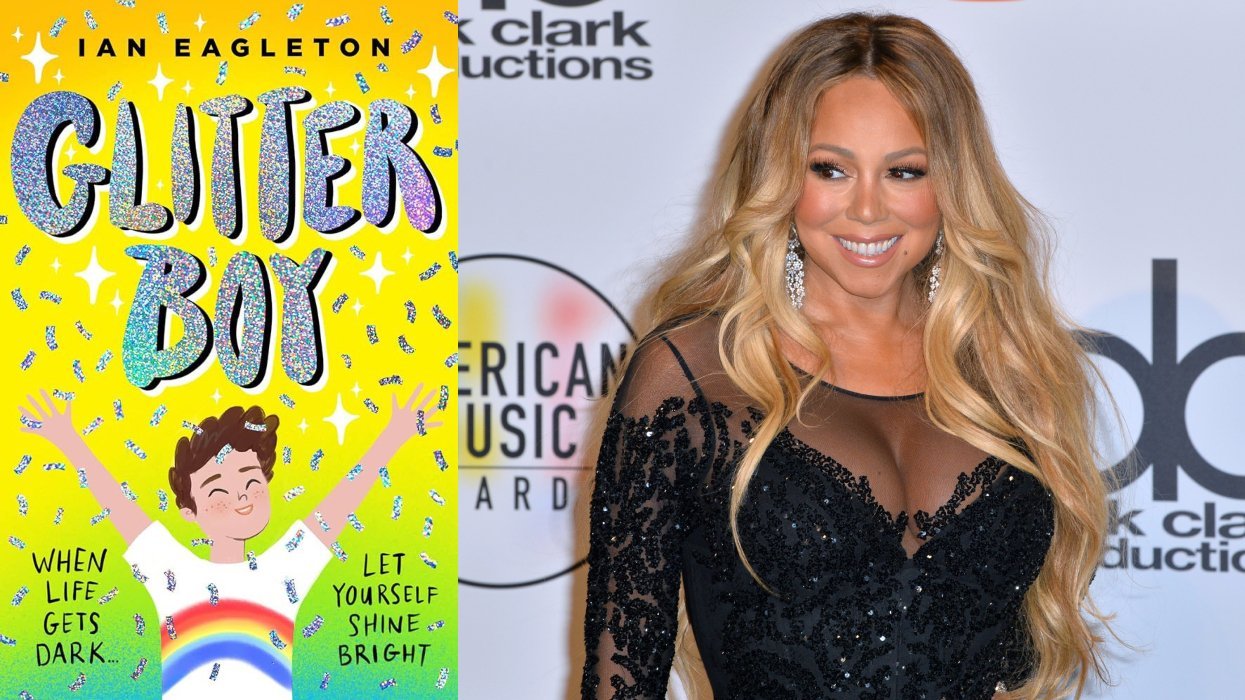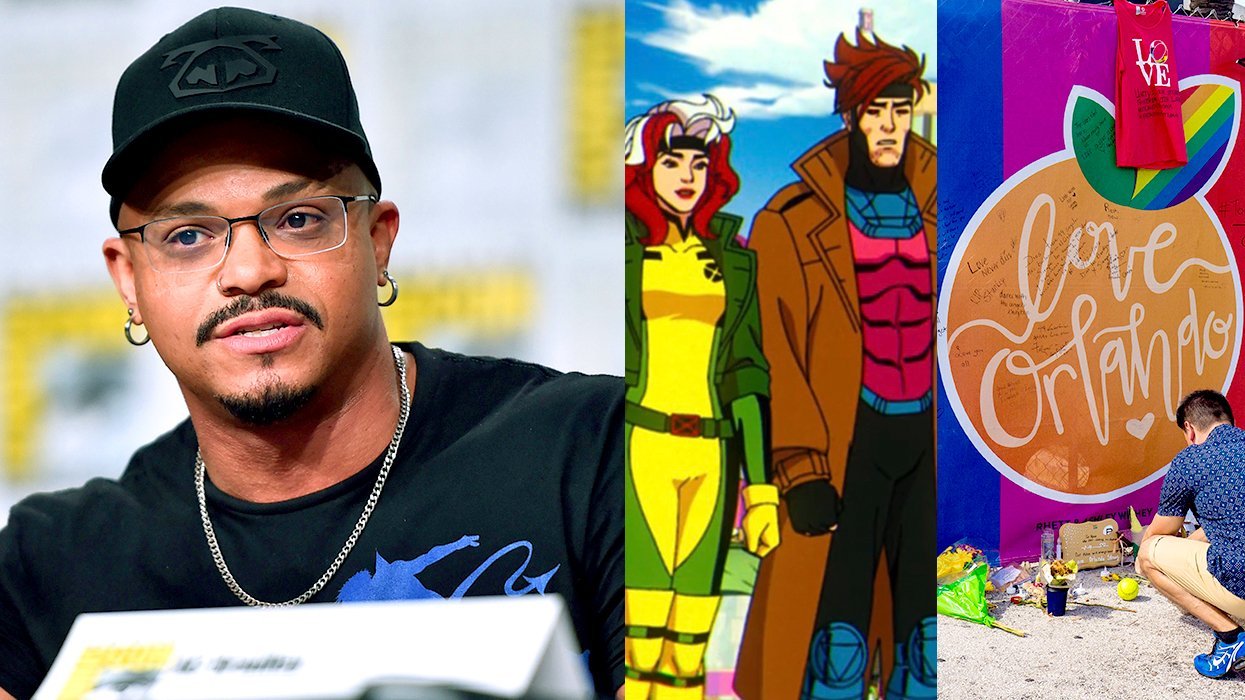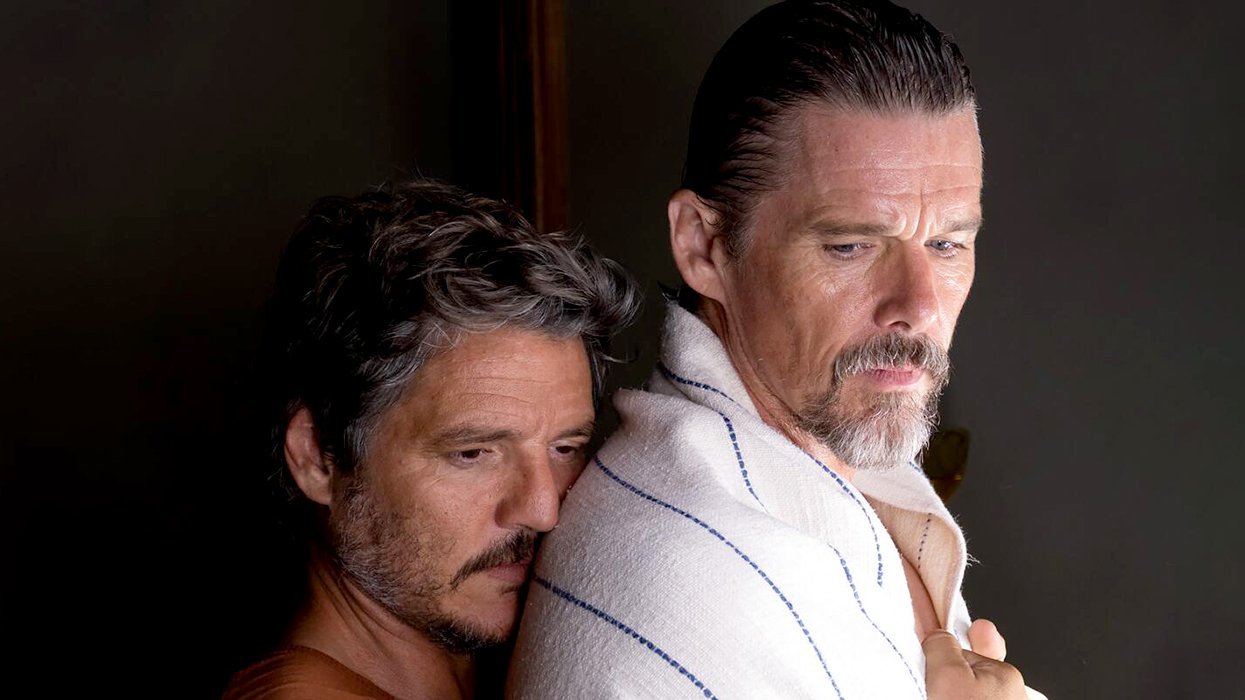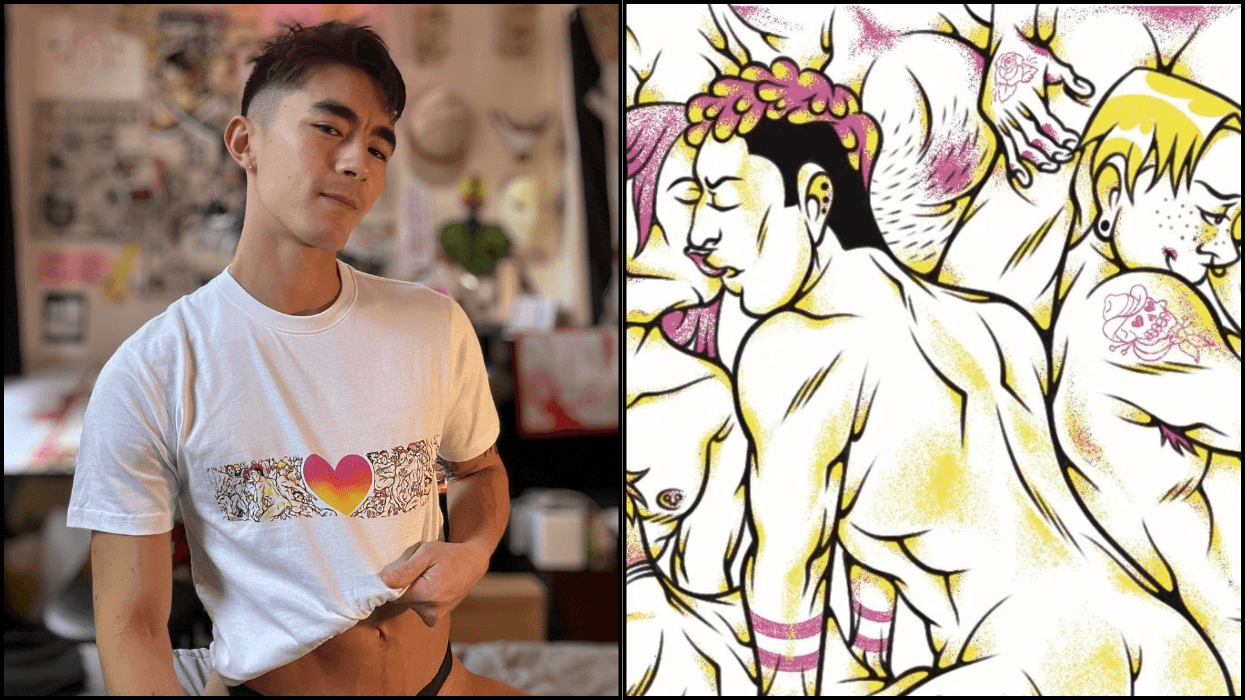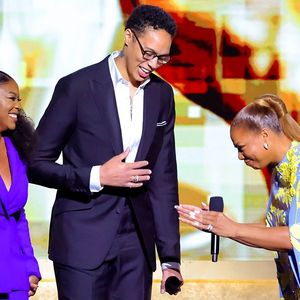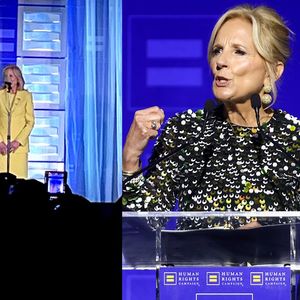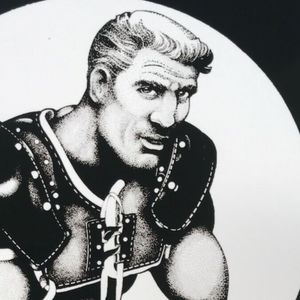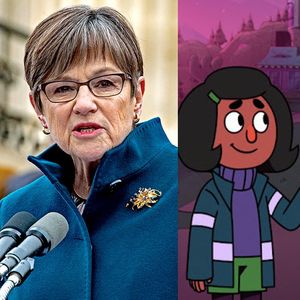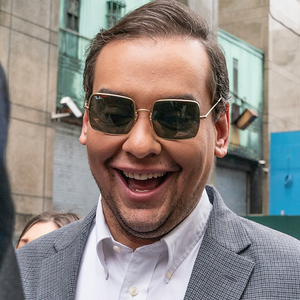I admit it: I don't typically get excited by reality television; I just can't take all that arguing and bullshit. Honestly, I'd rather stick my head in a tank full of piranhas than watch a Kardashian get a bikini wax or a bored housewife bitch out another bored housewife. So when Bravo announced last year that it would premiere a Ryan Seacrest-produced reality show based on Iranian Americans living in Los Angeles, titled
The Shahs of Sunset, I rolled my eyes along with the rest of the Persian community. While I don't think much of the show, I do agree that its depiction of Reza Farahan, its only gay cast-member, could have a progressive impact on the Persian community.
I guess it was only a matter of time before L.A. Persians got a reality show of their own. I don't approve of stereotyping, let alone having it done to my own family's community, but Los Angeles's affluent Persian community has a reputation for being loud and bit ostentatious (See "Shit Persian Beverly Hills Girls Say") -- perfect fodder for junk TV.
I grew up in Connecticut, far from the huge Persian community of "Tehrangeles," but yearly visits with family in The Valley and Santa Monica revealed how homogenous it was and how important money (and showing it off) was to it. The Shahs of Sunset, now in its second season, feeds off of that. Rowdy GG, the antagonistic, hot-under-the-collar "bad girl" of the show, has no problem proclaiming "Charge it to my daddy!"
Vulgar spending, constant fighting and a sense of shallowness is a staple of the reality TV genre, so it's no surprise that it is present in Shahs. As far as stereotyping Persians, indeed it does but all reality shows seem to stereotype everyone anyway. Reality TV has never illustrated complex characters, instead it depends on rather demeaning stock characters -- The Funny, Frivolous Glamour Girl (Paris Hilton, Kim Kardashian, the entire cast of The Girls Next Door), The Trainwreck (Tila Tequila, Tiffany "New York" Pollard, Snooki), The Flamboyant Personality (Nene Lekes, Mike "The Situation", Big Ang), etc. To find fault with Shahs is to find fault with the entire genre. But gay Reza is another one of those unlikely characters (as others have claimed of Alana Thompson, aka Honey Boo Boo) that manages to deliver a progressive message of hope to a wider audience.
Iranian society has no room for homosexuality, it is wholly conservative and frankly backwards in its expectations of gender roles. Persian men work and make money, women stay at home, cook, clean and raise children. Like in Latin communities, machismo reigns supreme and homosexuality is a threat to Persian masculinity, its disregard for traditional, hetero-normative gender binaries fractures the family-based roles it promotes and nearly worships. President Ahmadinejad infamously denied the existence of Iranian homosexuality, and despite years of history declared at a visit to Columbia University in 2007, that "In Iran, we don't have homosexuals." The fact is, homosexuals do exist in Iran, but those found to be so are severely punished and usually hung (as Out reported back in 2009). Last year, Pink News reported that, "According to Iranian human rights campaigners, over 4,000 lesbians and gay men have been executed since the Ayatollahs seized power in 1979."
In view of this ultra-homophobic, hostile environment, simply showing Iranian homosexuality is progressive. Reza is shown struggling with acceptance within the community and watching him struggle can only have a positive effect on America's Persian community. It isn't very likely that Iranian immigrant parents, while often very educated and affluent, are going to be reading studies of the detrimental effect of hetero-normative gender binaries as I do in college. But they do watch TV. And they are definitely more likely to watch a show with an Iranian cast.
As Reza recently told Huffington Post, "I think being Persian and different in anyone is really hard because Persians don't like people that deviate from the norm. So if you don't follow the cookie-cutter life they want you to follow, they are not going to accept you. So is it really difficult being gay and Persian? [Nods.] And it's even more difficult for people that aren't as confident as I am."
He claims that people on the show call him "Stonewall Farahan" -- "a reference to the Stonewall Inn riots of 1969, a key moment in the gay rights movement, and a name that he embraces." He goes on to say that "The best part of being on the show is getting Facebook messages and tweets from people telling me I helped them come out of the closet. They see they have a future; they are not going to kill themselves," says Farahan.
And so I guess I can't completely write off the uselessness of reality television just yet.
